Expressões e formas naturais de conversar com alguém

Hello, everyone! Welcome to another episode of Walk ‘n’ Talk Level Up!
Navegue pelo conteúdo
Hello, everyone! How are you doing? Welcome to another episode of Walk ‘n’ Talk Level Up!
No episódio de hoje, você vai ouvir uma conversa animada entre amigos em uma festa. Um deles aparece de surpresa, depois de ter mudado os planos do fim de semana — tudo para não perder o evento. A partir desse diálogo, você vai aprender expressões super naturais e descontraídas, perfeitas para conversas informais em inglês!
Não se esqueça de repetir as frases em voz alta com a teacher Liv e aproveitar o conteúdo abaixo para fixar o vocabulário aprendido.
Let’s go!
Dialogue
Julie: Peter? What are you doing here at my party? I thought you were gonna travel this weekend.
(Peter? O que você está fazendo aqui na minha festa? Achei que você fosse viajar neste fim de semana.)
Peter: Yeah, I was going to, but I decided not to miss out.
(É, eu ia, mas decidi não perder isso.)
Julie: I’m glad you came! By the way, I need to tell you something.
(Fico feliz que você veio! Aliás, preciso te contar uma coisa.)
Peter: It sounds like I shouldn’t have cancelled my trip. Anyways, spit it out!
(Parece que eu não devia ter cancelado minha viagem. Enfim, manda ver!)
Julie: Only if you promise you won’t get mad at me.
(Só se você prometer que não vai ficar bravo comigo.)
Peter: Go ahead! I cross my heart.
(Vai em frente! Eu juro.)
Julie: So, remember that cute cashier from the coffee shop? She’s here! We DMed last night.
(Então, lembra daquela atendente fofa da cafeteria? Ela está aqui! A gente trocou mensagens ontem à noite.)
Peter: Shut up!
(Sério?!)
Vocabulary Expansion
| Expressão / Palavra | Tradução / Significado | Exemplo em inglês | Tradução |
|---|---|---|---|
| Was/were going to | Ia fazer algo, mas não fez | I was going to study, but I fell asleep. | Eu ia estudar, mas acabei dormindo. |
| Miss out | Perder uma oportunidade / Não aproveitar algo | Don’t miss out on the concert! | Não perca o show! |
| Spit it out | Desembucha / Manda logo (informal) | Come on, spit it out! | Vai, desembucha! |
| Cross my heart | Eu juro / Prometo (expressão de sinceridade) | I’ll be there at 7, cross my heart. | Vou estar lá às 7, juro. |
| DM | Direct Message (mensagem direta nas redes sociais) | I DMed her last night. | Mandei uma mensagem direta pra ela ontem. |
| Shut up! (expressão surpresa) | Sério? / Não acredito! (informal, usada para reagir com surpresa) | “I won the lottery.” “Shut up!” | “Ganhei na loteria.” “Sério?!” |
Exercícios para praticar
1️⃣ Traduza para o inglês:
a) Eu ia sair, mas mudei de ideia.
b) Você não pode perder essa festa!
c) Juro que não vou contar para ninguém.
2️⃣ Complete as frases com o vocabulário aprendido:
-
I _____ _____ go to the party, but I stayed home.
-
Don’t _____ _____ on this opportunity!
-
I can’t wait anymore, just _____ _____ _____!
-
I swear I’ll keep your secret — _____ _____ _____!
-
He said he met her on Instagram and _____ her last week.
3️⃣ Crie uma frase com “miss out” e outra com “cross my heart”.
(Resposta livre)
Respostas
1️⃣
a) I was going to go out, but I changed my mind.
b) You can’t miss out on this party!
c) I cross my heart I won’t tell anyone.
2️⃣
-
I was going to go to the party, but I stayed home.
-
Don’t miss out on this opportunity!
-
I can’t wait anymore, just spit it out!
-
I swear I’ll keep your secret — cross my heart!
-
He said he met her on Instagram and DMed her last week.
3️⃣
(Resposta livre)
Esse episódio é perfeito para você que quer soar mais natural ao conversar com amigos em inglês — especialmente em contextos descontraídos, como festas ou encontros. Continue escutando os episódios, praticando com os diálogos e se divertindo com o processo!
Gostou do episódio? Continue sua jornada no idioma e confira nosso curso de inglês completo para se aprofundar ainda mais! 📚
Bye bye!
Fluency Inglês
Playlist












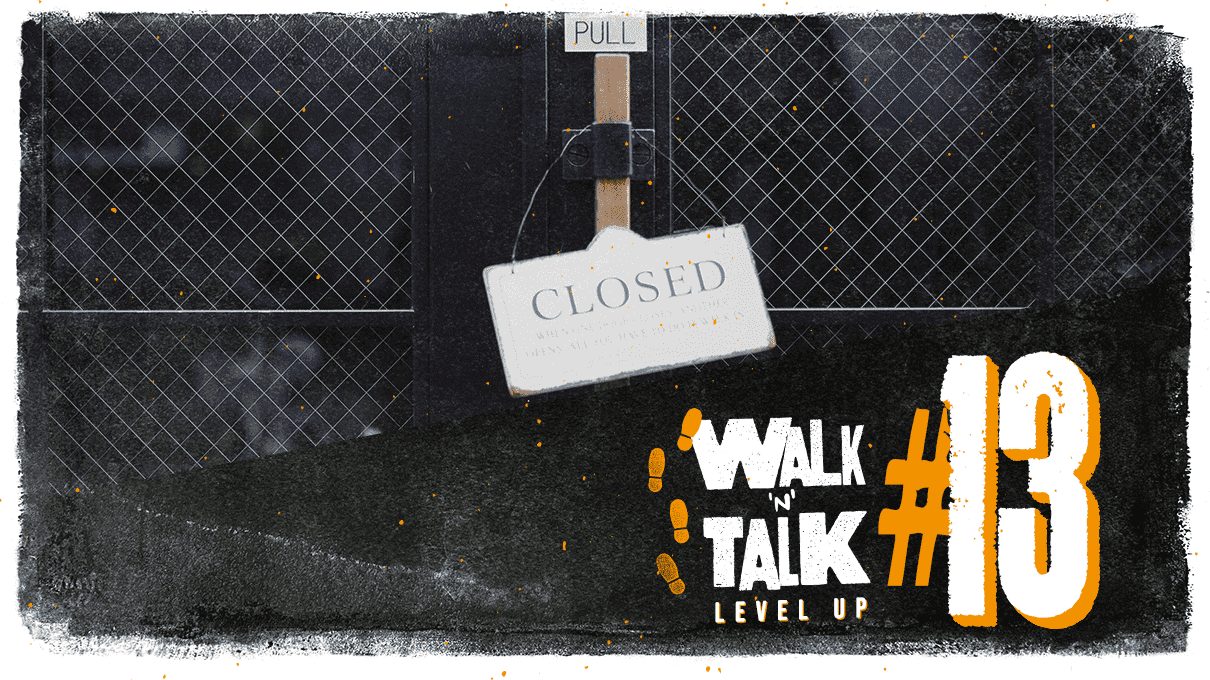


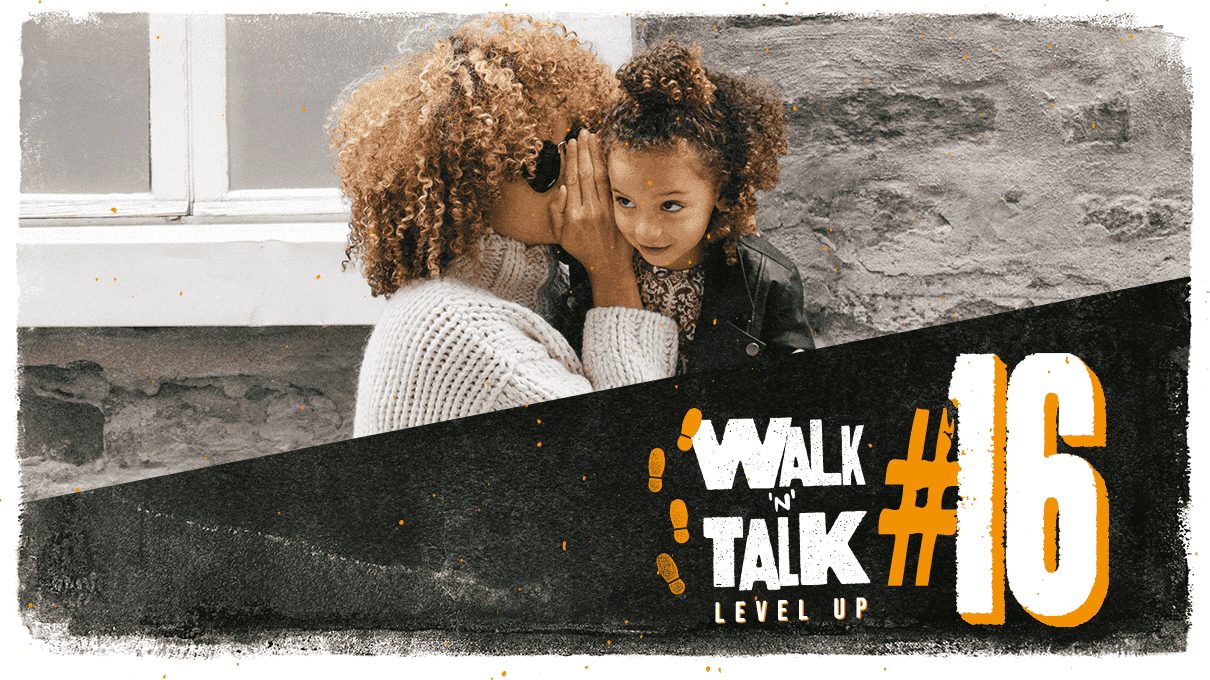



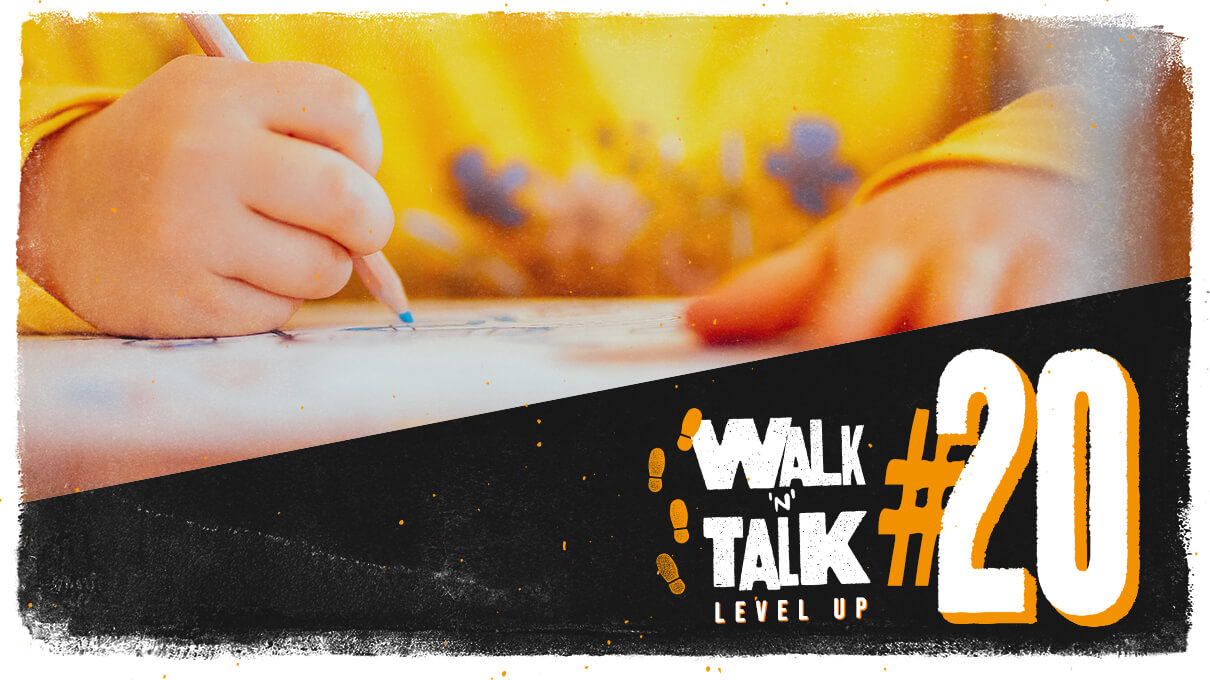

































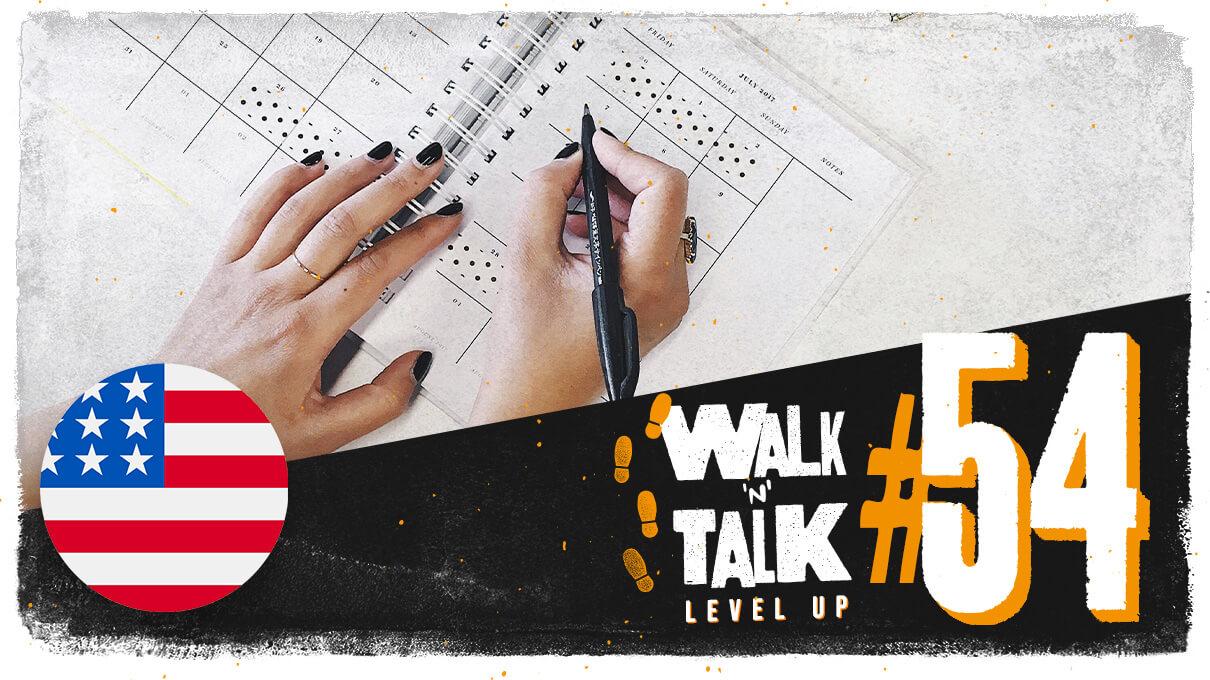































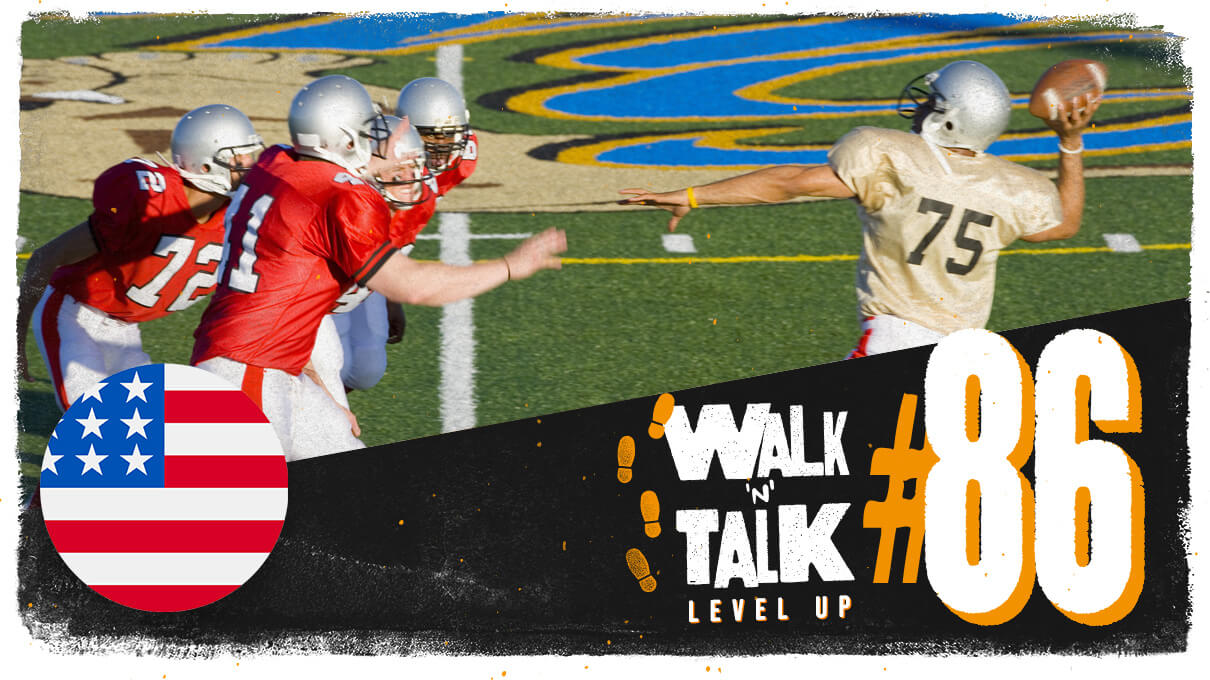





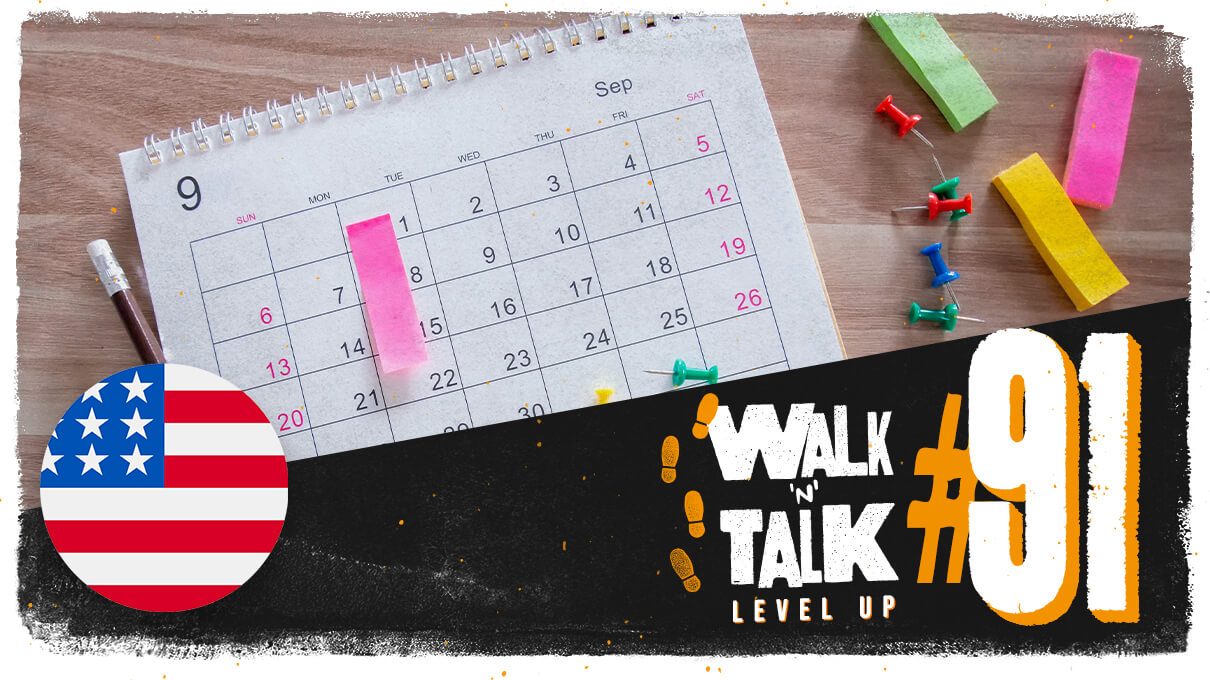

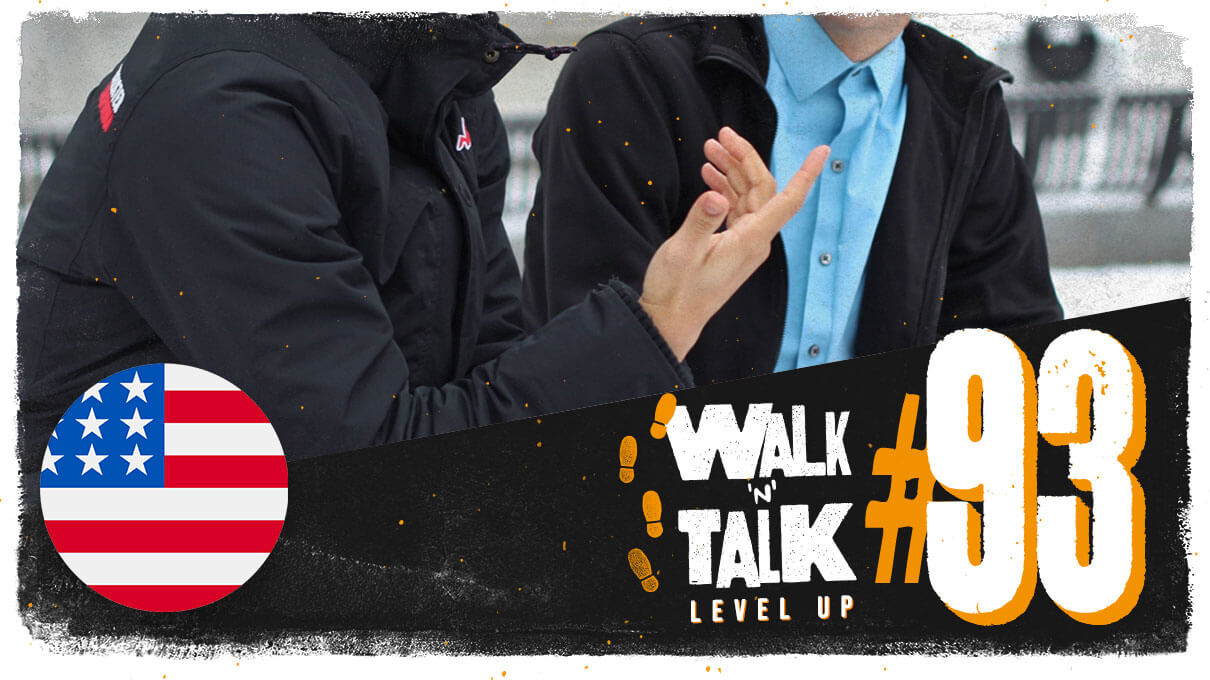
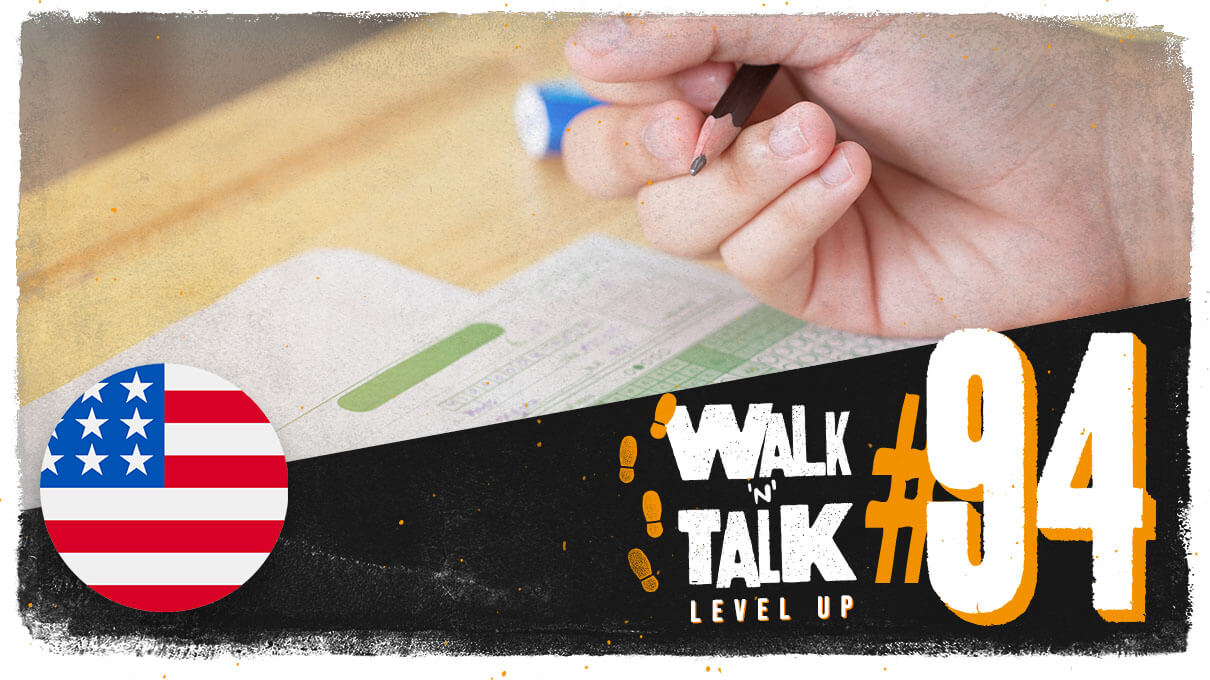
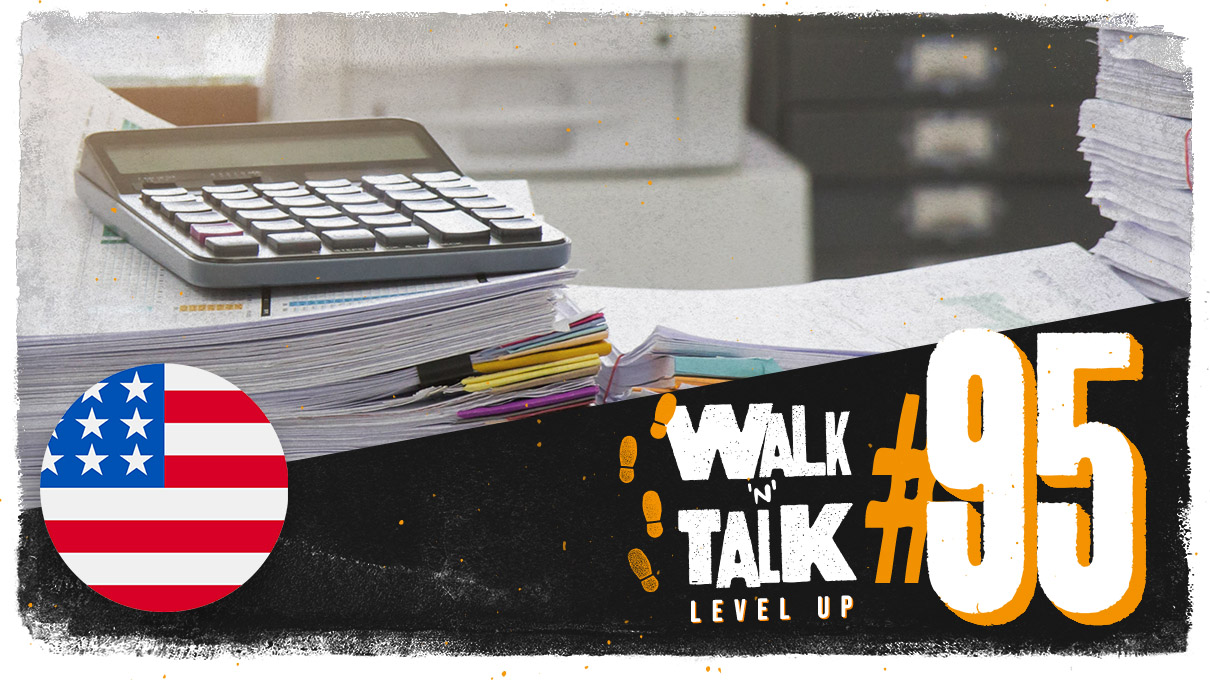
































 Curso de Inglês
Curso de Inglês
 Curso de Espanhol
Curso de Espanhol
 Curso de Francês
Curso de Francês
 Curso de Mandarim
Curso de Mandarim
 Curso de Italiano
Curso de Italiano
 Curso de Japonês
Curso de Japonês
 Curso de Alemão
Curso de Alemão
 Curso de Coreano
Curso de Coreano







 Blog
Blog  Podcast
Podcast  Lives
Lives  Aulas
Aulas  eBooks
eBooks  Minicursos
Minicursos














